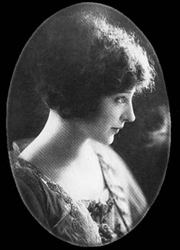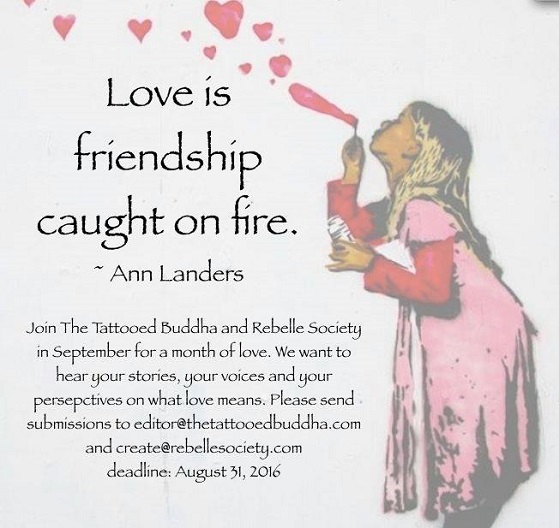Fight the Feminist Stereotype. {poetry}

Anais Nin {source}
In my previous article, I analyzed the word millennial — the implications and the connotation of it. Feminism has an equal, if not worse, connotation.
How can a word that simply means the study of women have a negative connotation? When people think of the stereotypical feminist, their thoughts seem to turn to a beast of a woman. She is impolite and unshaven. In fact, she is unkempt in all ways. Since she thinks the world hates her, she hates men — the sex that put her in her place.
Yes, this is extreme, but after talking to my students and friends, I’ve found several people still think of feminists in this way.
This realization was unnerving for me. For the majority of my life, I have classified myself as a feminist. I am the antithesis of the feminist mold though: I practice the rules of hygiene, I am shockingly shy, I don’t protest at rallies, and I dream of being swept off of my feet by Prince Charming. By a lot of people’s standards, that is not a feminist.
If people took the chance to get to know me, however, they would understand that I take my role as a woman extremely seriously. I try to take every opportunity available to me that other women sacrificed so much for me to be able to do. Published feminists and unpublished feminists have helped shape me into who I am.
Betty Friedan, bell hooks, Maya Angelou, Anais Nin, Anne Sexton, Adrienne Rich, and even current feminists like Lena Dunham, Mindy Kaling, Emma Watson, and Malala Yousafzai — these women have transformed my worldview. The list has grown long, so I’ll leave it at that. There are countless women who have enabled women like myself to take charge of their own lives with or without men. To them all, I’m eternally grateful.
As I’ve grown older, I’ve tried to fight stereotypes: the feminist stereotype, the introvert stereotype, the oldest-sibling stereotype, and the hopeless-romantic stereotype.
To combat being an introvert, I traveled the world. To combat the oldest-sibling stereotype, I’ve done my best to become the best friend of my siblings instead of being a dictator to them. To combat being a hopeless romantic, I’ve broadened my literary horizons. I think that will never really go away. I don’t think I want it to either. I love the paradox of being a hopeless romantic and being a feminist.
I would like to pose this question for you all though: Why does wanting equal rights for women mean that you have to categorize yourself as a feminist? And why does fairness equate to radicalness?
Malala Yousafzai once said, “We cannot all succeed when half of us are held back.” I could not agree more with her. If half of your body was cut off, you would be inept, especially since you would be dead. That also leads to me what Nia Vardalos said in My Big Fat Greek Wedding: “The man may be the head of the household, but the woman is the neck, and she can turn the head whichever way she pleases.”
Why is it that the woman has to be the neck? Why can’t we just be equal parts of the same self and push one another towards greatness?
In conclusion, I urge you — men and women alike — to consider how you classify yourself. What mold do you fit? If you can easily do this, something is terribly wrong. I challenge you to break free of the mold that the world has set for you, or that you have set for yourself, and strive to not only free yourself of that mold, but destroy it altogether.
*****
An Ode to Feminists
Through the backroads of shame
And the sidewalks of scrutiny,
Rise above.
In spite of dreary dreams of complacency
And a vague image,
Rise above.
Though treacherous tears freely fall
And evocative emotions betray,
Rise above.
Though you are judged from the overuse
Of the words like and so,
Rise above.
Though they clip your wings to keep you
From flying,
Rise above.
Though women may hate you and men
May belittle you,
Rise above.
Though you aren’t woman enough because
You don’t wear heels or dresses or skirts,
Rise above.
Though your body leaves nothing to the imagination
Or people have to imagine too much about it,
Rise above.
Through the roomy regalia or claustrophobic clothes,
Rise above.
Through the I love you’s to the Who are you’s,
Rise above.
Through the forced silence and inward screams,
Rise above.
Through the rising and wavering,
Continue on course.
I do wish, though, that I didn’t have to rise
For others to fall into line.
***
***
Season Faulk is a 27-year-old English teacher. She is also a moderator for the Write Yourself Alive course. She has an Instagram account where she posts every day.
***
{Join us on Facebook, Twitter, Instagram & Pinterest}


